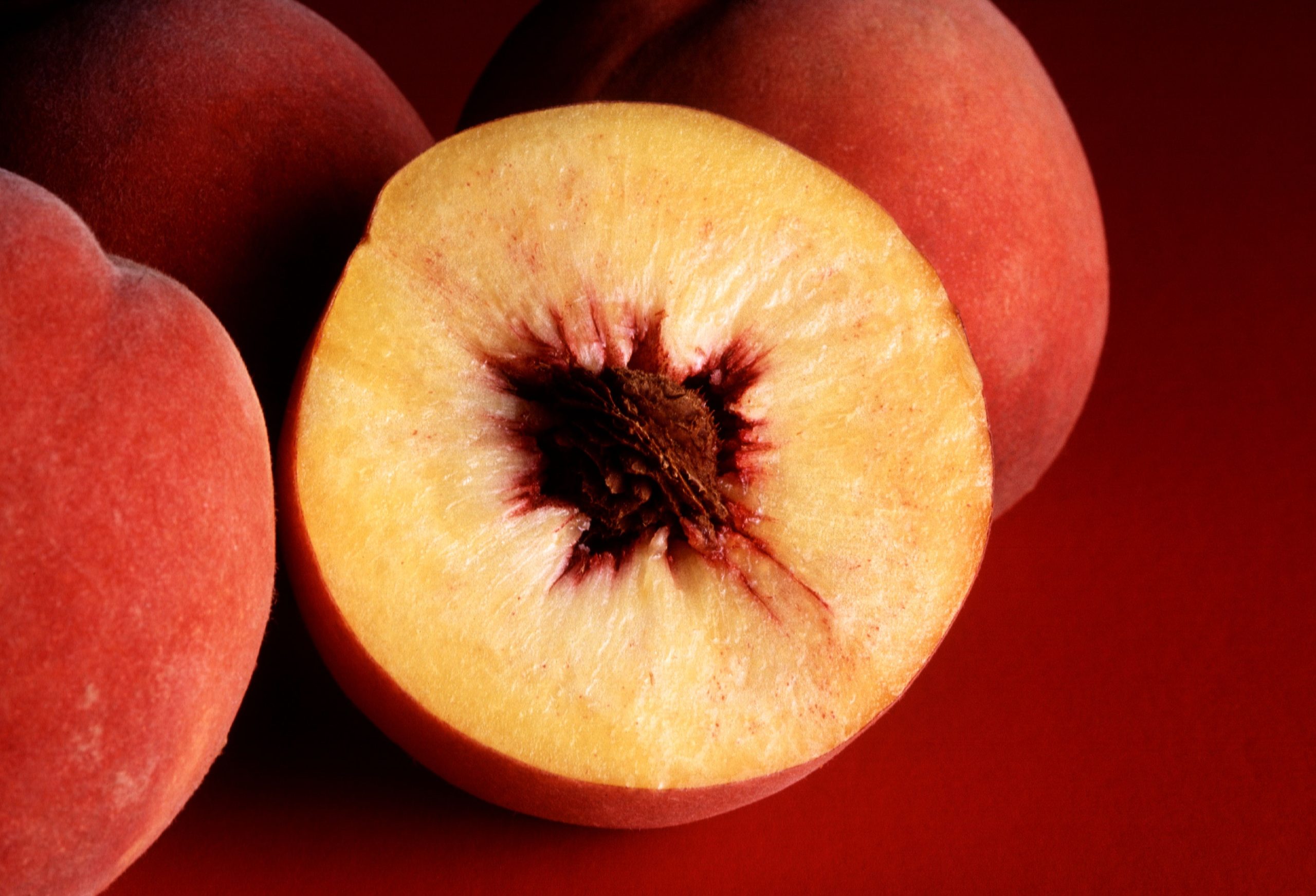
Not peachy-keen on tax-credit schemes
By HANNAH HILL
Tax credits can be some of the worst policies a government can pass.
Taxes, as a rule, should be broad-based (everybody pays them) and low-rate (nobody pays much). Tax credits usually violate that principle – after all, tax cuts are different from tax favors. The former lowers the overall burden for everyone, and the latter make exemptions for favored businesses, individuals, or sectors at the expense of everyone else.
And of course, targeted tax credits are often used for economic development – or so the claim goes.
Take S.404, which passed the Senate this year.
This bill gives a tax credit to agribusinesses or agricultural packaging operations that increase their purchases of South Carolina-grown produce by 15 percent in a year.
But these credits are not first-come, first-serve. The state’s Coordinating Council for Economic Development would pick the recipients and would only have $2 million total in credits to award. (The fund would ramp up over its first few years, and would be capped at $2 million at full implementation in 2020.)
So let’s say you’re the owner of a small peach-canning business. To qualify for the credit, you’d have to go to the council and show how many peaches you bought this year versus last year and how many came from Georgia versus South Carolina.
But, there’s a catch: in order to qualify, you also have to show that you purchased more than $100,000 of South Carolina-grown peaches last year, and that amount has to have increased by at least 15 percent this year.
The coordinating council is instructed in this bill to consider those amounts, along with “factors related to the economic benefit of the State or other factors.”
So in other words, whom to give those credits to is an arbitrary decision by the coordinating council. There’s no fairness built into this system: The council has to consider the economic-development angle and that’s about it.
Now let’s compare your chances of getting this tax credit as a small produce-canning business owner with the chances of Ingredion Inc. This Illinois-based manufacturer creates ingredients from raw agricultural materials. Oh, and they’re planning to expand their Charleston County operation and create additional jobs.
Taking into account the “economic benefit of the state” and the fact that $2 million doesn’t go very far, who do you think stands a better chance of walking away with the tax credit?
This is what we mean when we say that government economic development is picking winners and losers. And it isn’t even considering what happens when your fellow produce-canner gets the credit and you don’t. Now it’s not just the price of peaches eating into your profit margins — it’s also the government subsidies your competitor scored.
And this bill passed the Senate 41-1. It will be considered by the House next year.
